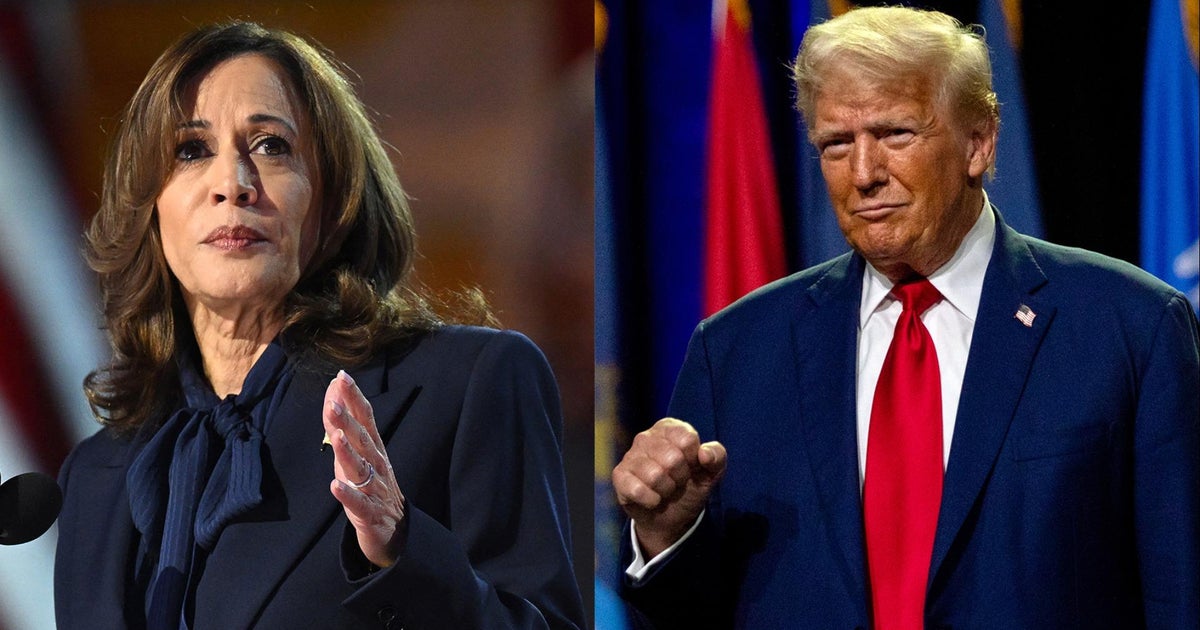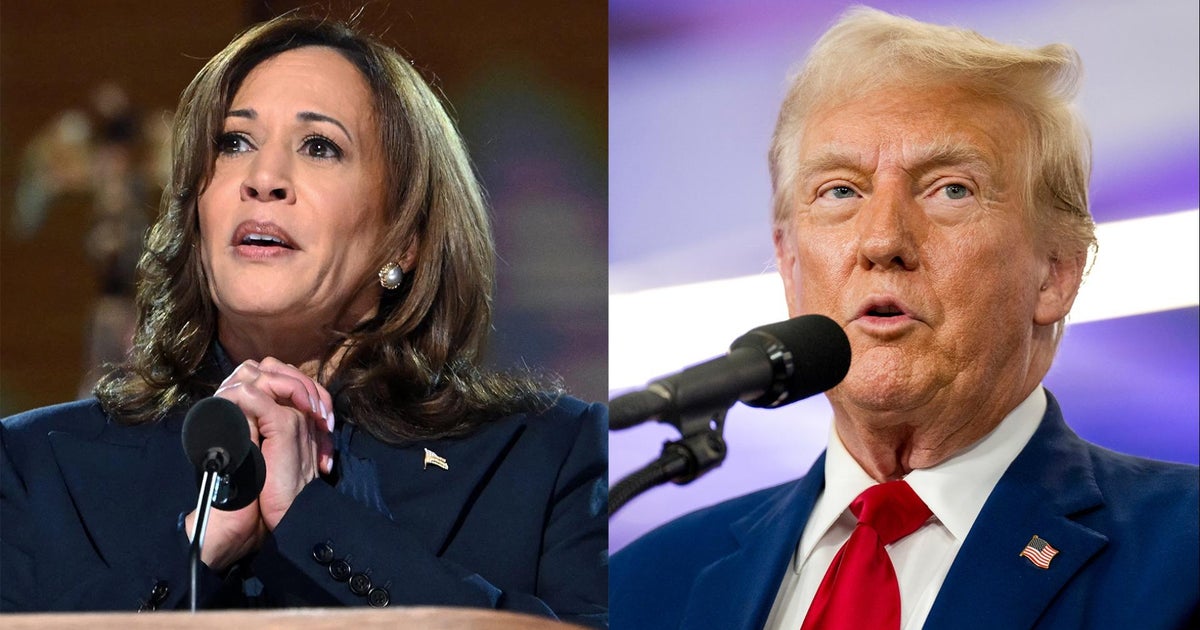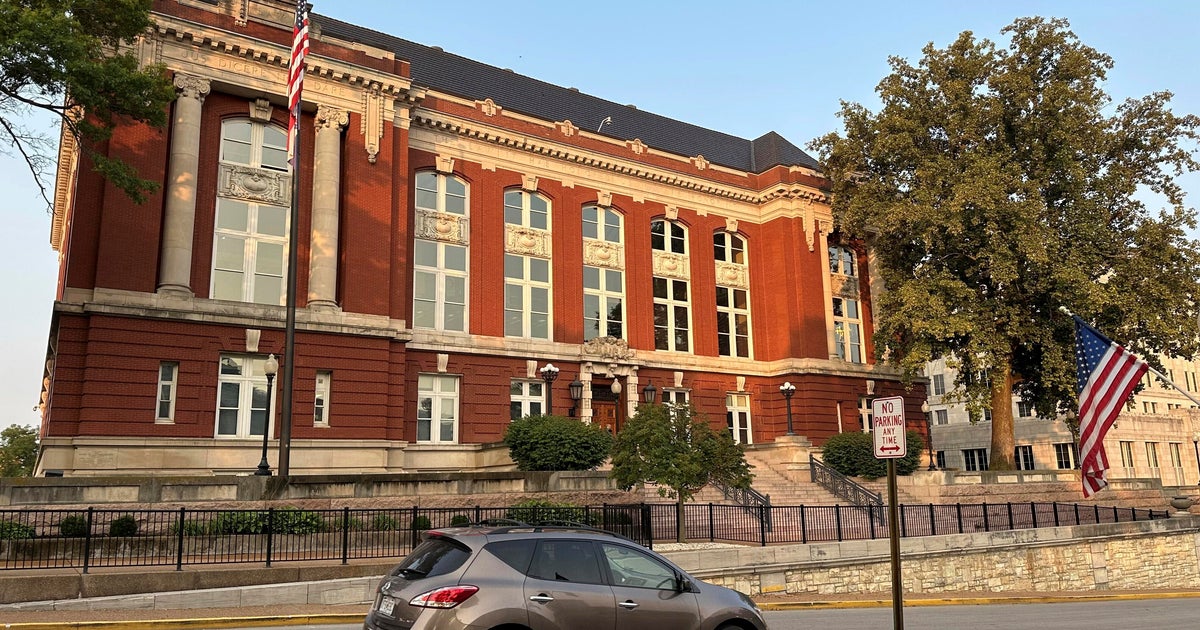Washington — A former top U.S. diplomat who is accused of spying for Cuba for decades pleaded not guilty on Wednesday.
Victor Manuel Rocha, the former U.S. ambassador to Bolivia, wasindicted by a federal grand jury on Dec. 5 on charges that he allegedly spied for Cuba’s intelligence agency for four decades.
In a court document filed Wednesday saying he intends to plead not guilty, Rocha asked that he not have to appear in court for his arraignment on Friday. The initial court appearance to hear the charges against him has been postponed twice since December.
“I fully understand the nature of the offenses charged against me and the right to appear at arraignment,” Rocha said.
Attorney General Merrick Garland described the case as “one of the highest-reaching and longest-lasting infiltrations of the U.S. government by a foreign agent.” Garland said Rocha sought positions in the U.S. government that “would provide him with access to non-public information and the ability to affect U.S. foreign policy.”
The criminal complaint did not give details about what information he might have divulged to Cuba or how he could have influenced U.S. policy. According to the indictment, Rocha held high-level security clearances, giving him access to top secret information.
Investigators alleged Rocha was recruited by Cuba’s spy agency, the Directorate of Intelligence, in Chile in 1973.
The complaint indicated that the FBI had been investigating Rocha for at least a year before his arrest, describing several meetings between Rocha and an undercover FBI agent, who the retired diplomat believed to be a representative of Cuba’s spy agency.
During three meetings, Rocha referred to the U.S. as “the enemy” and said “what we have done” was “enormous” and “more than a grand slam,” the complaint said.
“My number one concern; my number one priority was … any action on the part of Washington that would — would endanger the life of — of the leadership, or the — or the revolution itself,” Rocha allegedly told the undercover agent.
Rocha said Cuba’s spy agency had instructed him to “lead a normal life” and he created a cover story “of a right-wing person” to conceal his double life, according to the complaint.
The complaint also revealed that Rocha allegedly met with his Cuban handlers as recently as 2017, first flying from Miami to the Dominican Republic using his American passport, then using a Dominican passport to fly to Panama and onto Havana.
Born in Colombia, Rocha became a naturalized U.S. citizen in 1978. For more than two decades beginning in 1981, he worked for the State Department in various positions in Latin America, including as ambassador to Bolivia from 2000 to 2002. Cuba fell under his purview when he served as director for inter-American affairs at the National Security Council and as a deputy principal officer at the U.S. diplomatic mission in Havana. After leaving the State Department, he was an adviser to the commander of the U.S. Southern Command, whose area of responsibility includes Cuba.
The case has put a spotlight on Cuba’s spy agency, which is considered one of the most effective in the world.
“The Cubans are well under-appreciated,” said Pete Lapp, a retired FBI agent and author of “Queen of Cuba,” which details the Ana Montes case.
Montes, who has been called one of the most damaging spies in U.S. history, wasreleased from prison in January 2022 after 20 years behind bars. She was recruited by Cuban intelligence in 1984 before she was hired by the Defense Intelligence Agency, where she had access to top secret information. Before her arrest in 2001, she revealed to the Cubans the identities of the United States’ undercover intelligence officers and its highly sensitive collection capabilities.
“Cuban intelligence has been penetrating our government for decades and doing it phenomenally,” Lapp said. “They have this innate ability to find people that have a visceral empathy for what they’re trying to accomplish in the world or regionally.”
Prosecutors said during one of his meetings with the undercover FBI agent, Rocha praised a U.S. government employee who had spied for Cuba.
“Unfortunately, she was betrayed,” Rocha said, according to the indictment. “Sadly she would have done much more had she not been betrayed.”
In a later conversation, the indictment said, Rocha identified her as “Ana.”
Lapp said Rocha and Montes interacted through their roles at the State Department and the Defense Intelligence Agency, but “it would be an operational security faux pas for either of them to have known that the other person was also a Cuban agent.”



